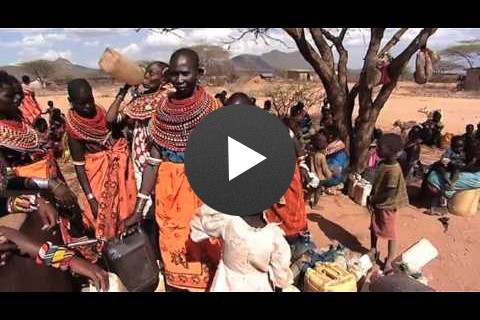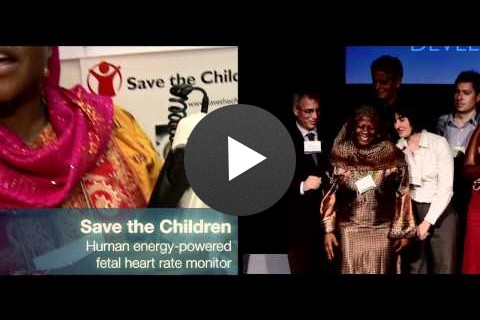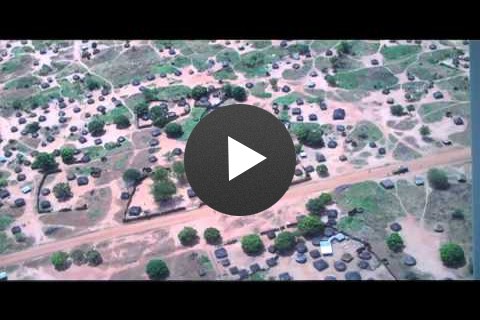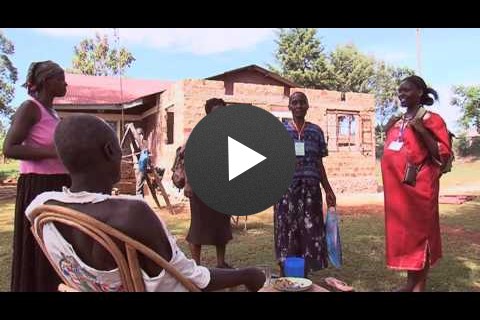Two out of three sub-Sarahan Africans — 600 million people — lack access to electricity, forcing them to spend significant amounts of their income on costly and unhealthy forms of energy, like diesel to run factory generators and smoky and scarce wood for indoor fires for cooking. For health clinics, the consequences are even starker and more immediate. There, the lack of light and electricity means not being able to save a life because health workers cannot see adequately and there is no power to run basic equipment.
You are viewing:
Archived Content
Information released online from June 2012 to September 2017.















Comment
Make a general inquiry or suggest an improvement.